I'm a newbie in programming. It is confusing me when I taking input of a char array after scanning an integer. It is not working properly. The code is following:
#include <stdio.h>
#include <stdlib.h>
int main()
{
char a[30];
int x,y;
scanf("%d",&x);
scanf("%[^\n]",a);
scanf("%d",&y);
printf("%d\n%s\n%d",x,a,y);
return 0;
}
